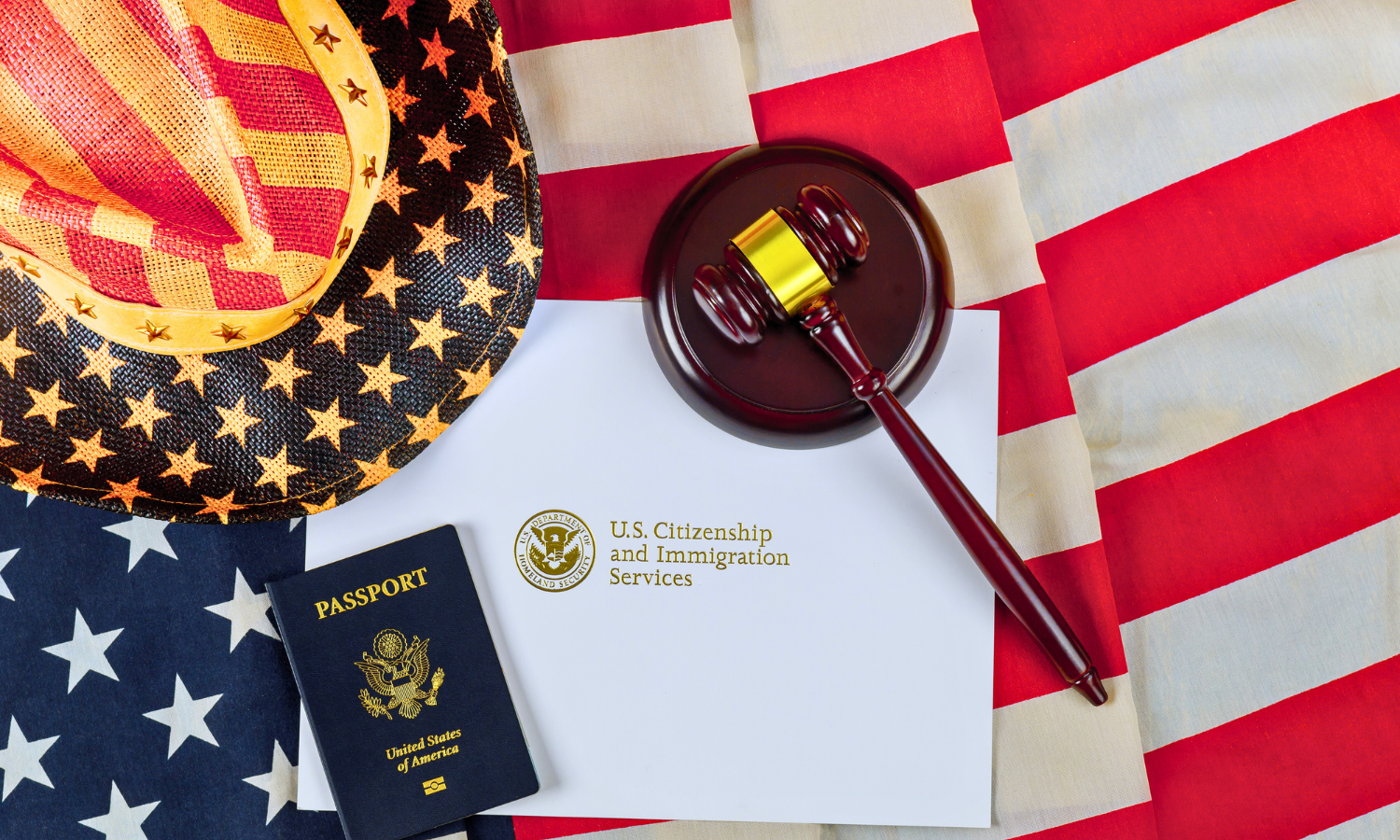Immigration changes in 2025 often shift with changes in politics or national priorities. For families currently separated or in the process of applying to reunite, updates to U.S. immigration policy could mean significant adjustments to timelines and expectations.
Staying informed is one of the most important tools families have in preparing for these changes. Understanding what’s new, what it means, and how to prepare can take some stress off the process and help you stay ahead. Rather than being caught off guard, you’ll have a clearer sense of what to expect and how to respond.
Understanding Immigration Changes in 2025
The immigration system involves many moving parts, and when laws or procedures are revised, these updates can ripple through the entire process. For 2025, several key changes have been announced that could influence timelines, procedures, and documentation standards.

Some of the updates may include:
- Altered or streamlined application forms for certain visa categories
- Revised documentation requirements or new supporting evidence rules
- Shifts in priority processing categories, which may affect wait times
- New submission deadlines for interviews or paperwork
Even small adjustments in rules can lead to long-term effects. For example, if interview dates are delayed due to a shift in application review processes, this could increase waiting periods for those trying to reunite with immediate family members. Being aware of these possibilities and preparing ahead can help avoid surprises the moment your case is under review.
Direct Impact on Family Reunification
Family reunification applications often carry emotional weight. The wait can already feel long, and changes to rules or timelines may increase that burden. Depending on the type of visa you’re applying for or your relative’s immigration status, the new policies could either bump your case forward or push it further back.

Say, for instance, you’re sponsoring your spouse and children from abroad. If the new policies reduce the emphasis on immediate relative applications or increase scrutiny during background checks, you might be facing new steps that could delay approval. On the flip side, if processing centers reduce paperwork or automate more tasks, wait times in other cases may improve.
These direct impacts might not be instantly visible, but they can become real obstacles or opportunities depending on how prepared you are.
Steps to Navigate the New Timeline
If you’re managing the family reunification process in 2025, preparation is key. While each family’s case is different, a few broad steps apply to almost everyone:
- Review updated USCIS guidelines related to family reunification
- Organize and translate all necessary documents early
- Check expiration dates on passports, visas, and records
- Keep a detailed file with receipts, submissions, and notices
Having this information ready means you won’t be scrambling to gather materials when new rules roll out. You’ll also be ready to respond quickly if your case is flagged for additional review or documentation.
In addition to preparation, communication counts. Knowing when and how to send inquiries, respond to notices, or file follow-ups is just as important as submitting the initial application. Immigration laws are complex enough as it is, but small details can create big consequences if missed.
Seeking Help From Experts
Trying to understand every aspect of family immigration policy can be overwhelming, especially when rules shift unexpectedly. That’s where professional legal support makes a difference.
Attorneys who focus on immigration law spend their days tracking immigration changes, digging into current policy updates, and working directly with immigration offices. They’re often aware of how rule changes are being handled in real time—not just in theory, but in day-to-day applications.
Having someone walk you through what’s changed, how your case fits into the new structure, and which actions should be taken next can give you peace of mind. For example, knowing your petition needs a new form of documentation due to immigration changes in 2025 can reduce wait time, help you avoid rejections, and ensure your path toward reunification stays steady.
Legal experts are particularly helpful with:
- Reviewing your application for missing or outdated information
- Monitoring for updates that could affect your category or case
- Communicating directly with USCIS offices when needed
- Advising you on adjustments if the rules shift midway through your process
You don’t need to go through this alone. Professional support doesn’t just protect your timeline. It brings clarity to a process that often feels uncertain.
Staying Updated and Prepared
Policy shifts and immigration changes are not one-time events. Updates tend to roll out over months, meaning the immigration space can continue to evolve even after major changes are announced.
That’s why staying informed is just as important after submitting a petition as it is before. A few ways to stay on track include:
- Visiting the official USCIS website monthly to catch new instructions or alerts
- Saving paper and digital copies of each application and receipt
- Signing up for immigration policy updates through reputable sources
- Updating your addresses and contact info to avoid missing notices
- Doing semi-regular check-ins with your legal advisor
- Sign up for the Passage Immigration Law weekly newsletter
These small steps act as safeguards. They reduce the risk of avoidable delays and keep your application positioned for progress, regardless of what updates may come down the line.
Preparing for Change with Confidence
There’s always a feeling of uncertainty when big changes happen in immigration law. It can feel like a moving target, especially when you’ve already taken time to complete forms, gather documents, and make plans. But families who are informed, organized, and open to expert guidance often fare better in the long run.
Take control where you can. Learn about the changes. Make a checklist. Reach out to professionals. That way, even when immigration changes in 2025, you’re not starting from scratch—you’re adjusting with clarity and direction.
Reuniting with your family is deeply personal. No update or policy change can take away your drive. But a little preparation, paired with the right support, can bring you closer to your goals. With the right guidance, families can move forward confidently, even through a changing system.
If your family is waiting to reunite and you’re unsure how recent changes might affect your plans, now’s the time to get clarity on your timeline for family reunification. Let Passage Immigration Law guide you through each step with experience, so delays don’t stand in the way of being together again.
Disclaimer: This article offers general legal information, not legal advice. Do not rely upon this information without seeking legal counsel. If you need legal advice, you may contact us directly to speak with an attorney. We disclaim all liability with respect to actions taken based on any information presented. Every case is different, and outcomes will vary depending on the unique facts and legal issues of your case.







